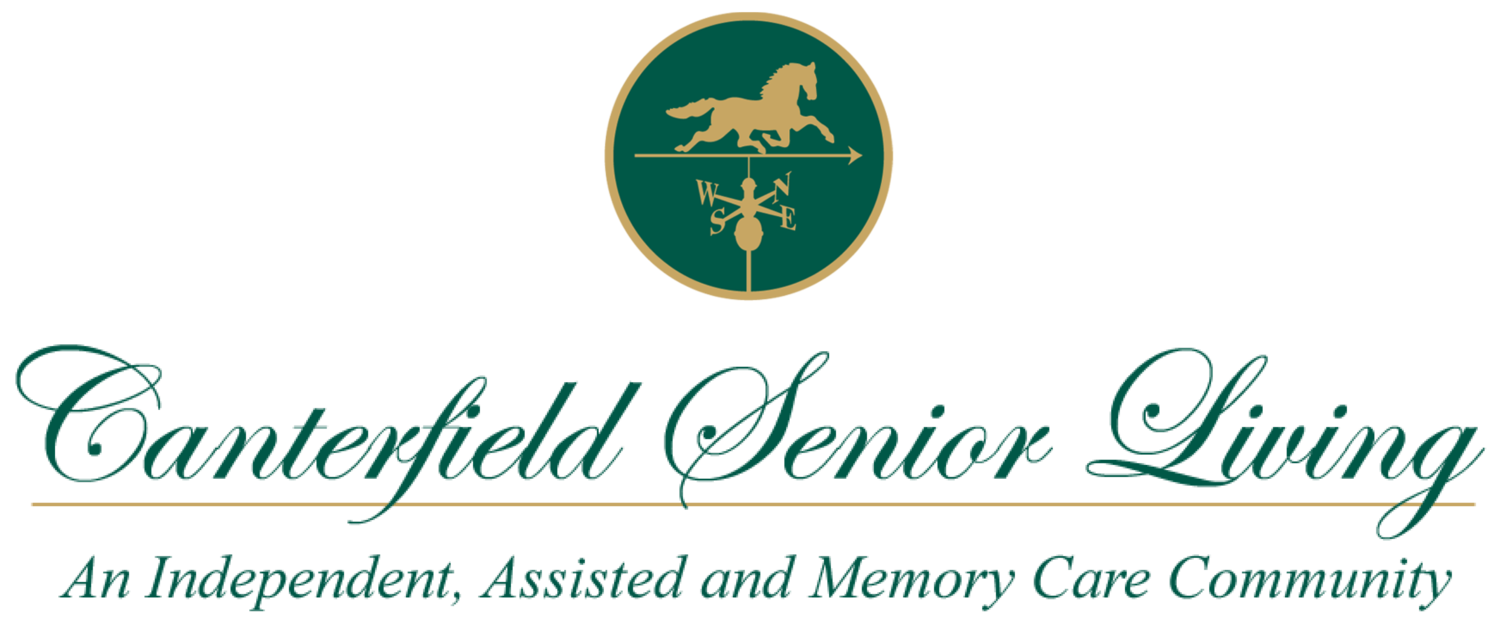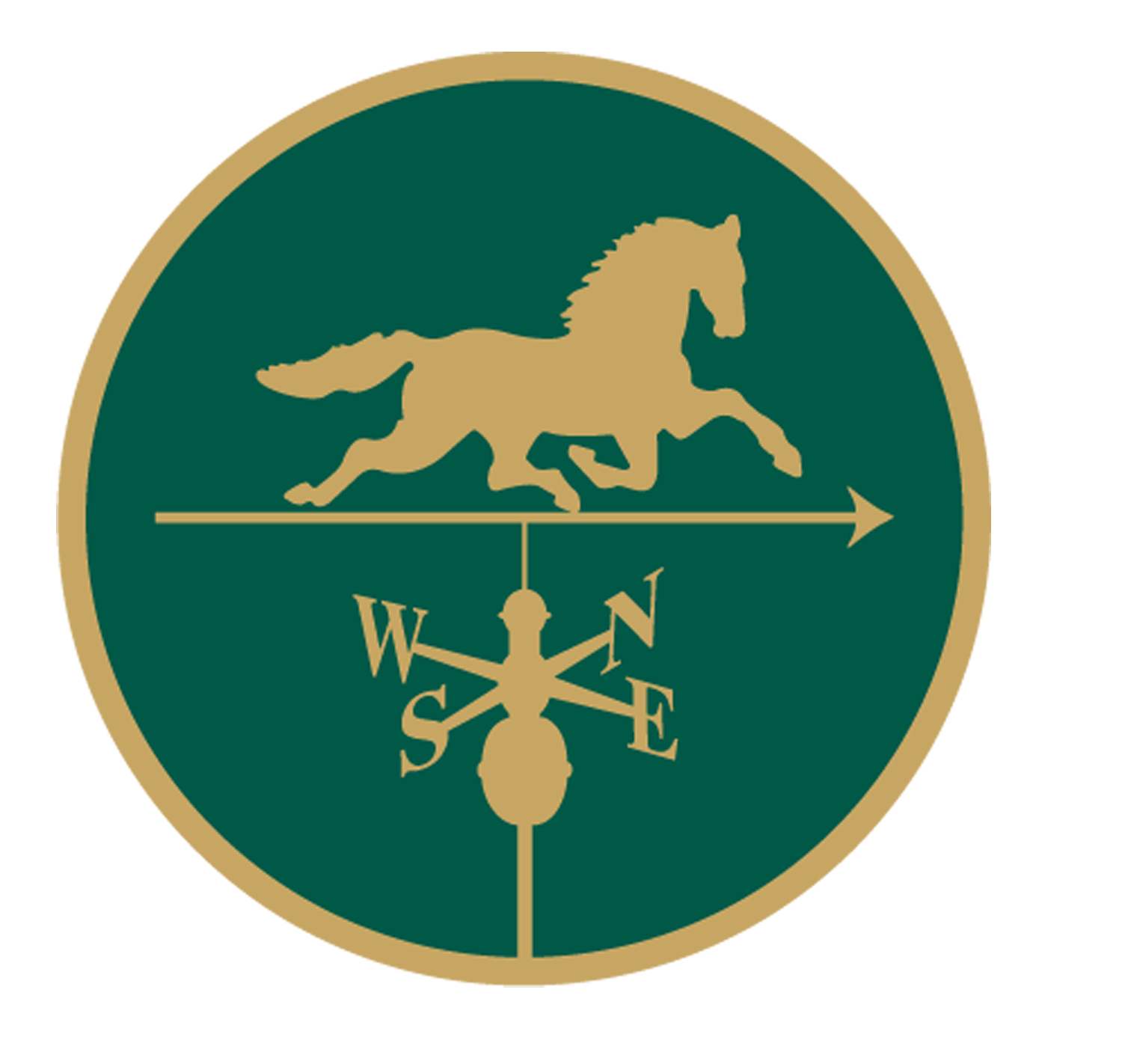Senior Living Terminology
One of the biggest hurdles of the Senior Living Industry is education —
Specifically, the education of terminology used to describe levels of care and services. Many people have never navigated through these terms and phrases before, and subsequently end up looking in the wrong place, or even expecting the wrong services out of a facility. We want to help you and your loved ones navigate your decision making. So we’ve compiled a list of common terms and phrases to help you in this process.
Assisted Living:
Also known as Personal Care, this is for Seniors who want to maintain an independent lifestyle but may need help with certain activities of daily living, such as dressing, bathing, eating, taking medications, meal preparation, house-keeping, transportation, and activities.
Independent Living:
For Seniors who want to continue their independent lifestyle and need minimal to no assistance. At Canterfield, they will receive access to dining, activities, transportation, house-keeping, and maintenance-free homes.
Memory Care:
Specialized secured unit for Seniors with dementia, including Alzheimer’s disease. Memory Care offers structured programs with routines to create a safe, stress-free environment for seniors with ranging levels of memory loss.
Nursing Home:
These facilities are institutions certified by a state to offer 24-hour medical and skilled nursing care, rehabilitation, or health-related services to individuals who do not require hospital care.
Respite Care:
Short-term care given to an aging, sick, or disabled person. Respite care is available to provide relief to a usual caregiver should they need to travel or be unavailable for a period of time.
Private Duty Care:
One-on-one care given to a senior throughout the day. This is much more hands-on than Assisted and Independent Living because it implies there will be one caregiver for each senior.
Senior Living Community:
Residential community of seniors, with an emphasis on quality care in an active, independent, and healthy lifestyle.
Medicare:
Federal health insurance for people 65 years or older, younger people with disabilities, and people with End-Stage Renal Disease. Not all Senior Living Communities accept Medicare.
Hospice:
Specializes in end-of-life comfort and care.
Activities of Daily Living (ADLs):
This term is used to describe self-care activities, such as: dressing, bathing, eating, taking medications, meal preparation, house-keeping, transportation, and activities.
Aging in Place:
This references the ability to remain in one’s home regardless of changes in health or care. At Canterfield, a senior may join our community through Independent Living and stay with us as their needs progress to Assisted or beyond.
Continuum of Care:
Care evolving to meet an individual’s needs over time. This term is used to describe the complete range of services within a community, and is often used in conjunction with aging in place. For example, Canterfield’s care for a senior will evolve as they age in place.
Long Term Care:
Services provided to individuals who cannot care for themselves in the long term. Services vary depending on individuals unique needs.

